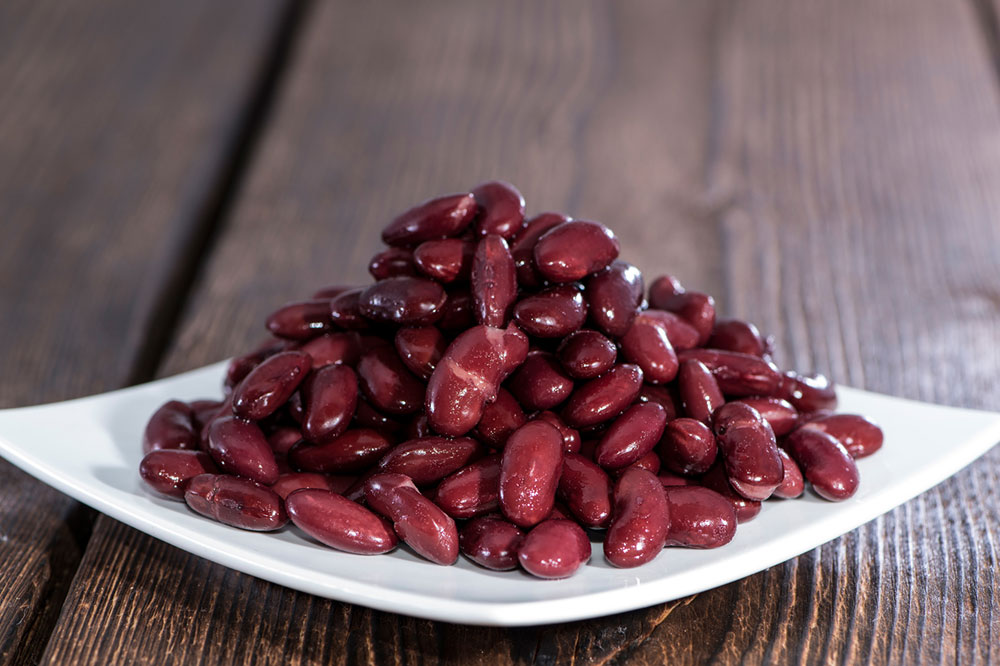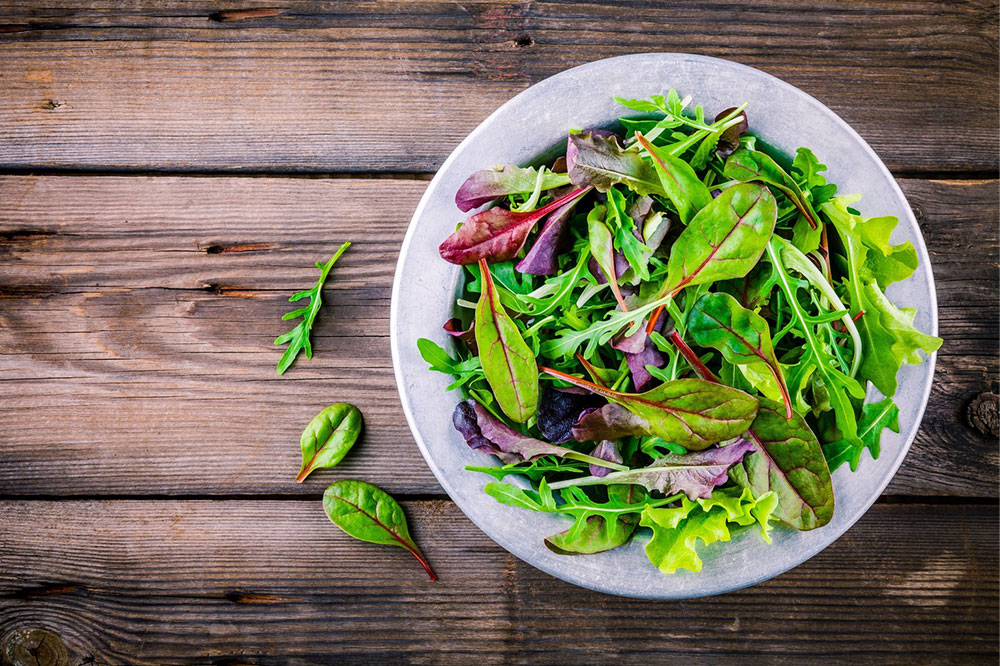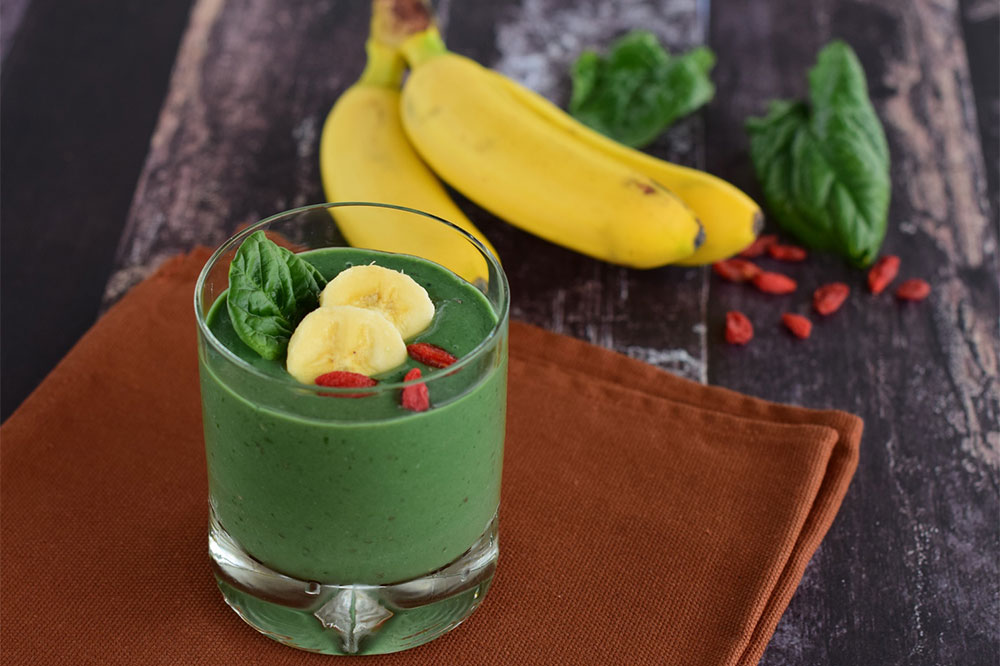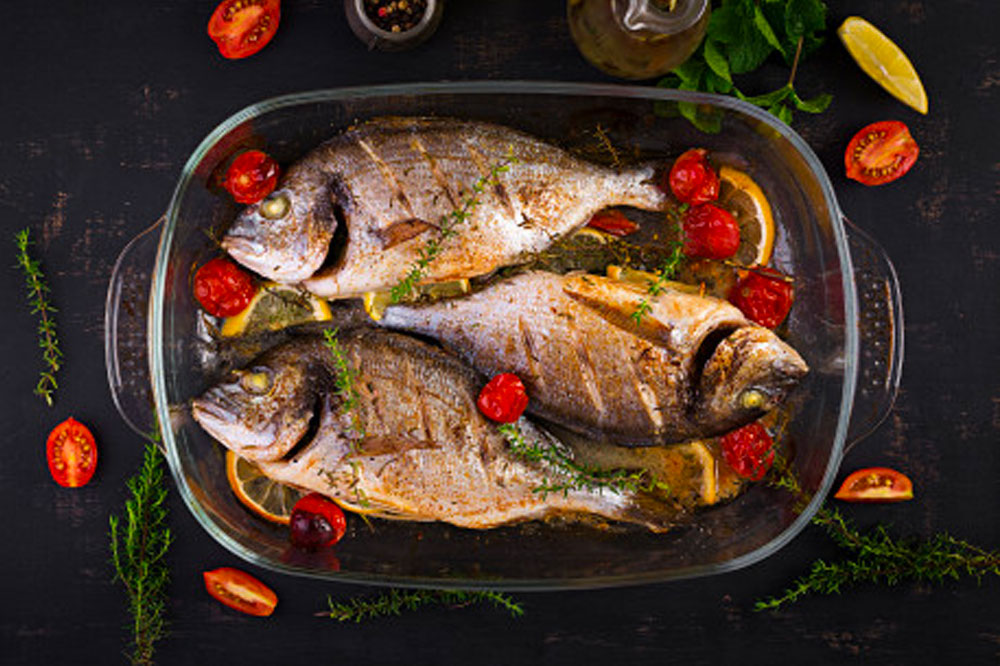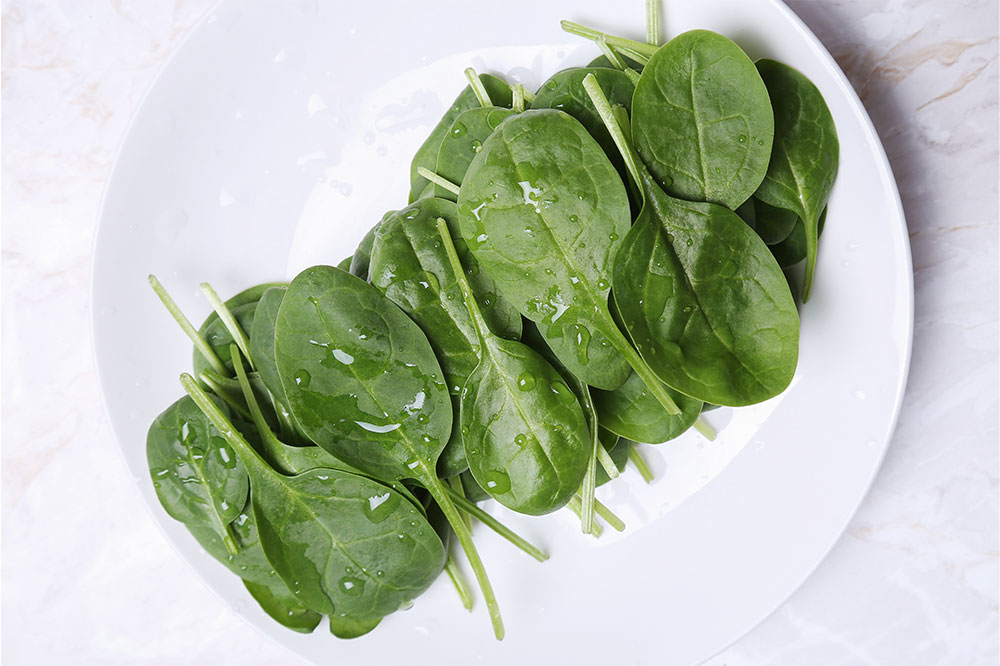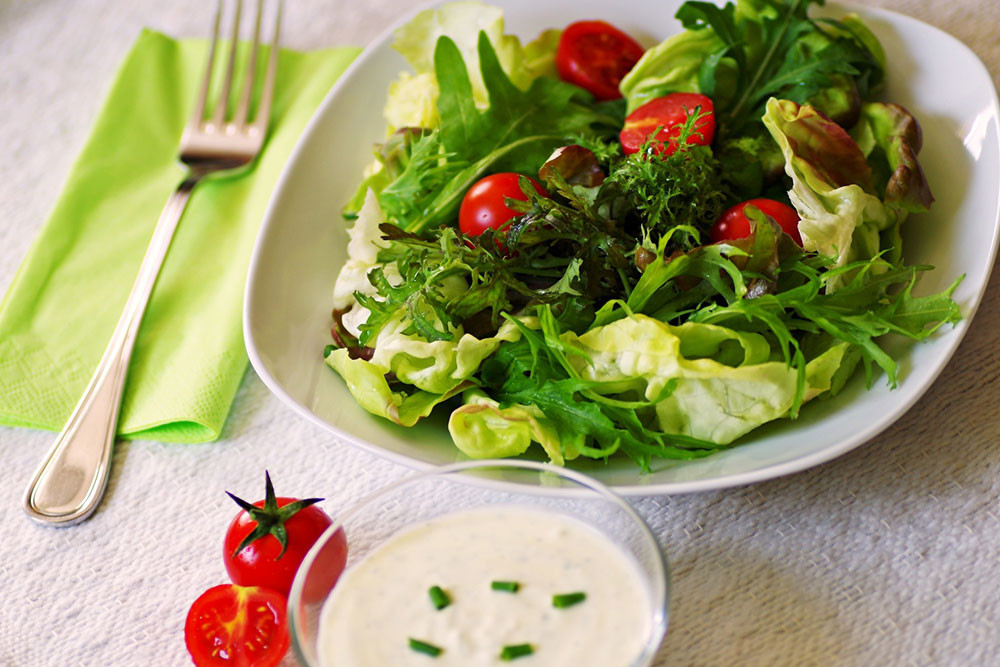Comprehensive Guide to 6 Nutritional Foods That Effectively Prevent Anemia
This extensive guide highlights six essential foods to prevent anemia through a nutritious and balanced diet. From dark leafy greens and lean meats to grains, seafood, legumes, and natural supplements like blackstrap molasses, learn how to boost your hemoglobin levels and maintain optimal blood health. Incorporate these nutrient-rich options into your daily meals to combat fatigue, improve oxygen transport, and support overall well-being. Perfect for those seeking anemia prevention tips or managing their condition effectively.
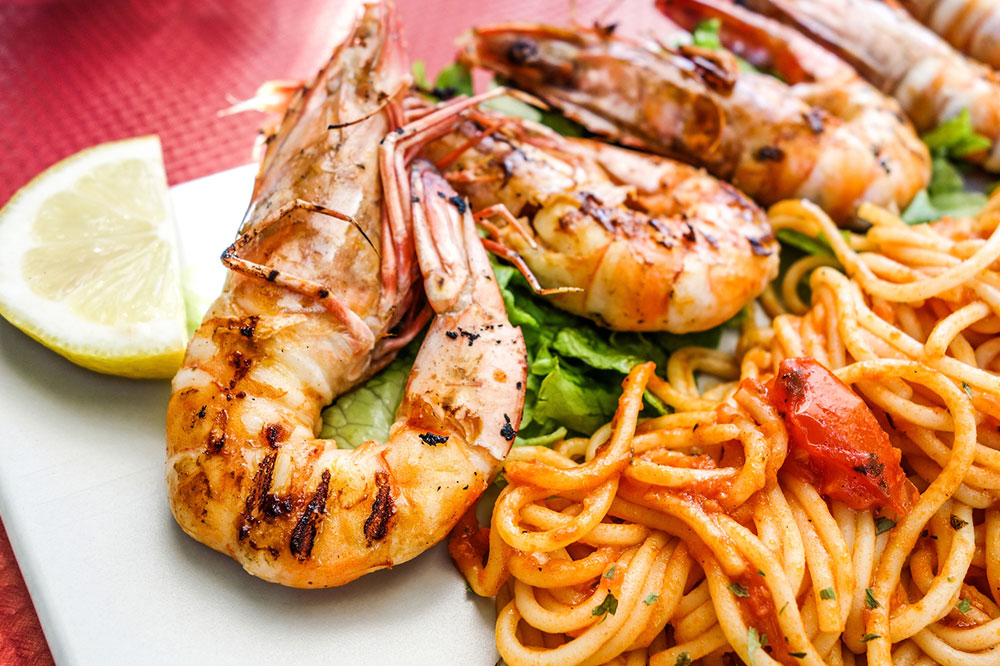
Comprehensive Guide to 6 Nutritional Foods That Effectively Prevent Anemia
Anemia is a common blood disorder characterized by a deficiency in the number or quality of red blood cells (RBCs), which are essential for transporting oxygen throughout the body. Blood is a complex fluid composed of various vital cells, including white blood cells (WBCs) that fight infections, platelets that facilitate clotting and healing, and RBCs primarily responsible for oxygen delivery to tissues and organs. When the levels of red blood cells decline, or their functioning is compromised due to nutritional deficiencies or chronic health conditions, individuals often experience symptoms like persistent fatigue, weakness, dizziness, and irregular heartbeat. Recognizing the importance of diet in maintaining healthy blood parameters is crucial, and incorporating specific nutrient-rich foods can significantly reduce the risk of anemia or help manage its symptoms effectively.
Experts agree that a balanced diet containing adequate amounts of iron, vitamin B12, folate, and other essential nutrients is key to keeping RBC counts within a healthy range. This comprehensive guide highlights six top foods that are particularly effective in preventing anemia, explaining their nutritional benefits and offering practical tips for incorporating them into daily meals. Whether you are already experiencing symptoms or aiming to prevent anemia, understanding these foods can empower you to make healthier dietary choices.
Dark Leafy Greens
Dark leafy greens, such as spinach, kale, and collard greens, are among the most nutrient-dense plant foods for combating anemia. They are an excellent source of non-heme iron, which is vital for producing new red blood cells. Since plant-based iron is not absorbed as efficiently as animal-based iron, cooking these vegetables helps break down cell walls and enhances bioavailability. Incorporating these greens into salads, smoothies, or stir-fries can boost your iron intake naturally. Pairing them with foods high in vitamin C, like citrus fruits or bell peppers, further enhances iron absorption, maximizing their benefits.
Lean Red Meat
For rapid and efficient iron replenishment, lean cuts of red meat such as beef sirloin or tenderloin are superb choices. Grass-fed options tend to have higher omega-3 fatty acids and fewer additives. Red meat provides heme iron, which accounts for the majority of absorbed iron in the human body, making it especially effective for increasing RBC levels. Consuming moderate portions of red meat a few times a week, combined with vitamin C-rich foods, can significantly improve iron status. It is advisable to select lean cuts to reduce saturated fat intake and support overall cardiovascular health.
Quinoa
This ancient grain is a complete protein and a valuable plant-based source of iron. Quinoa supports efficient oxygen transport by maintaining adequate hemoglobin levels. Its high fiber content also aids digestion and improves blood health. Besides quinoa, other whole grains such as oats, amaranth, spelt, and sorghum are beneficial for maintaining optimal iron levels. Incorporating these grains into breakfast cereals, salads, or side dishes provides variety and nutritional diversity that can help alleviate fatigue and other anemia symptoms.
Sardines
Sardines are small, oily fish rich in vitamin B12, which is essential for red blood cell formation and neurological functions. They also contain omega-3 fatty acids, calcium, and selenium, promoting overall blood health and oxygen efficiency. Regular consumption of sardines can combat anemia caused by vitamin B12 deficiency and improve blood oxygen content. Canned sardines make for a convenient, affordable, and nutritious addition to meals—try adding them to salads, sandwiches, or pasta dishes.
Legumes
Legumes, including lentils, chickpeas, beans, and peas, are excellent sources of non-heme iron, fiber, and plant-based proteins. They help maintain healthy blood levels and provide sustained energy. To maximize iron absorption from legumes, avoid consuming caffeinated beverages or calcium-rich foods simultaneously, as these can interfere with mineral uptake. Incorporate lentils into soups, stews, or salads, and consider soaking and cooking them thoroughly to reduce phytate levels that may hinder mineral absorption. Regular intake can effectively support those prone to iron deficiency anemia.
Blackstrap Molasses
Blackstrap molasses stands out as a nutrient-dense sweetener, packed with calcium, magnesium, selenium, and B6 vitamins. It is an excellent natural remedy for anemia, especially when incorporated into breakfast foods like oatmeal, smoothies, or pancakes. Its high mineral content helps strengthen blood composition, improve circulation, and combat fatigue. Unlike refined sugars, blackstrap molasses offers multiple health benefits and is a versatile addition to your diet. Always opt for pure, unsulfured blackstrap molasses to ensure maximum nutritional value.
While dietary adjustments are beneficial, it is essential to consult healthcare professionals before making significant changes—particularly if you have underlying health conditions or are on medication. A comprehensive approach combining nutrition, medical treatment, and lifestyle adjustments can effectively prevent and manage anemia, leading to better health and enhanced quality of life.
